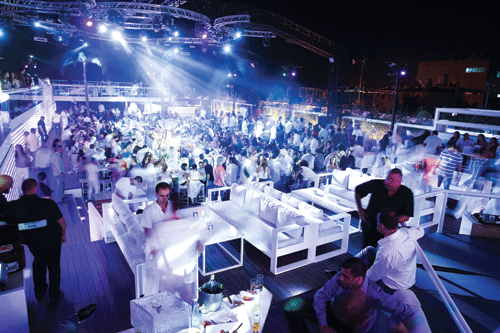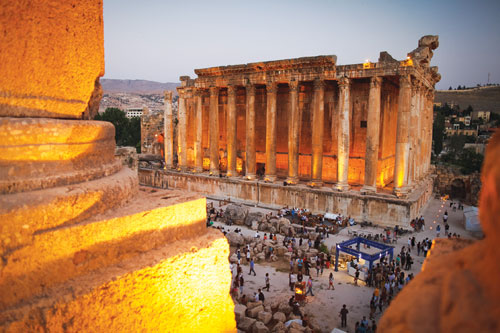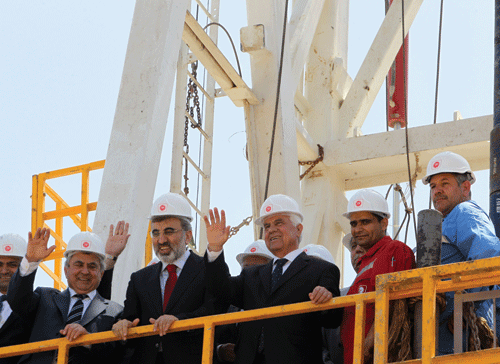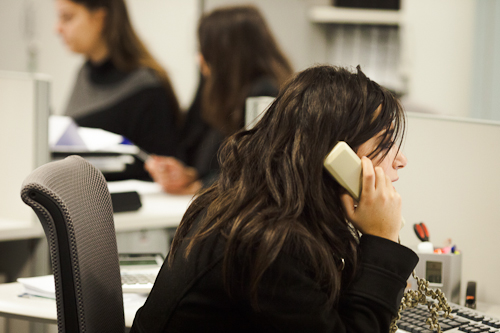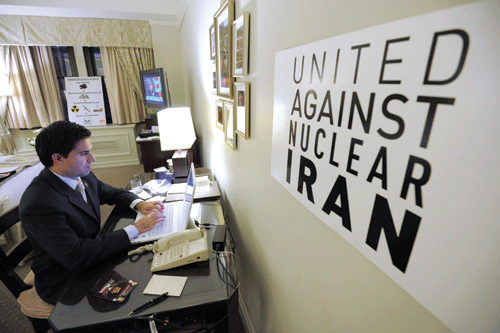White Beirut’s website features a video which begins with news reporters announcing the various negative political events of this summer and Gulf country travel warnings for Lebanon. It then rolls on to the song “War, What is it Good For?” and shows photos of people clubbing at White and ends with the statement “This is Beirut. We Are Waiting For You.” Indeed, in his last stint in Beirut on June 2012, the comedian Maz Jobrani once again poked fun at the Lebanese’s love of partying despite any circumstances. Will this be enough to make up for the geopolitical situation of the summer?
Rooftop venues have become a staple of Beirut nightlife, despite the heat and humidity, and there are several several high-end rooftop clubs and bars to choose from. “One of the causes for the decrease in our business in summers is the wide choice of rooftop venues that Lebanese opt for,” says Olivier Du Parc, partner in Behind the Green Door club in Mar Mkhayel. Yet, it seems that rooftop venues were also planning for a dismal season.
This summer, Skybar is only operating four days a week (Thursday and the weekend) when last year it was open all week long. According to Abraham Helal, Media Manager at Sky Management, they adopted this strategy in anticipation of an imperfect season, but are actually “fuller than last year” and are doing well compared to the local market. He attributes this increase to less operating nights, which created a situation of scarcity and condensed their clients into four days, instead of having them spread over the week.
Skybar fans have noted, to their delight, that it is much easier to book a table this year and say calling around two weeks in advance is enough, as compared to last year when it seemed like tables were booked months in advance.
White Beirut is also closed Mondays and Tuesdays, a plan they adopted from the start of the season this year. “We usually adopt this strategy of closing on two weekdays when Ramadan begins,” says Reem Beydoun, spokesperson for Add Mind, which owns White. “But since Ramadan now comes in the middle of the month, and we usually have less people on weekdays, we decided to start off the season by closing those two days.”
“We are relying mainly on the expats and the local market, and are fully booked on Thursdays and the weekend with a considerable waiting list,” she adds. Beydoun also speaks of Iris Cocktail Bar and Restaurant, owned by Add Mind as well, saying since their clientele are mainly Lebanese, the tourist warnings have not affected them. A bartender at White says the decrease in Arab tourists this season has affected them as staff. “Arab tourists are our biggest tippers, and last year I used to make more than half my salary through their tips,” he says. This year, their absence is translated in a decrease in tips and less people than last year, especially on Wednesdays and Sundays, he adds.
Effects on the bar scene
A stroll in Hamra on a late Friday night can lead you to believe that all is normal on the street, yet reality is different. “We have a 40 percent decrease in sales and clientele compared to last summer,” says Danny Khoury, owner of Danny’s Bar in Hamra. “We are directly affected by the Arab tourist bans,” he explains, noting that while his establishment is not a large draw for Gulf Arabs, it attracts those who want to escape the venues that are. Khoury also cites the increased number of bars in Hamra as another reason for the decrease in percentages: “People have many bars to choose from but there are not enough people to go around, as the tourists and expats avoided Lebanon this summer.”
“The events in Syria and the internal political situation are also causing people to be scared to go out as much,” he says, attributing only 20 percent of the decrease in business to Ramadan, noting this was the percentage decrease during the holy month last year.
This situation is repeated in Mar Mkhayel area, where bar-culture has been fast developing. “In anticipation of a bad season, we took the strategic management decision to operate only on weekends this summer,” says Green Door’s Du Parc. “We open the bar one night, and on the other, we are organizing outdoor festivals in Sporting Club.” He attributes this situation to several factors, such as the local clientele frequenting rooftops in the summer and there being fewer tourists this season. “The festivals in Sporting are compensating for the losses we might have had this season,” says Du Parc.
Summer is the season for going out, and the Lebanese have developed the reputation of being die-hard party lovers, but this does not seem to be enough to save the nightlife industry this season. Still, the summer is not over yet, and with the Eid festivities coming up next month, there might still be time to salvage the situation.

